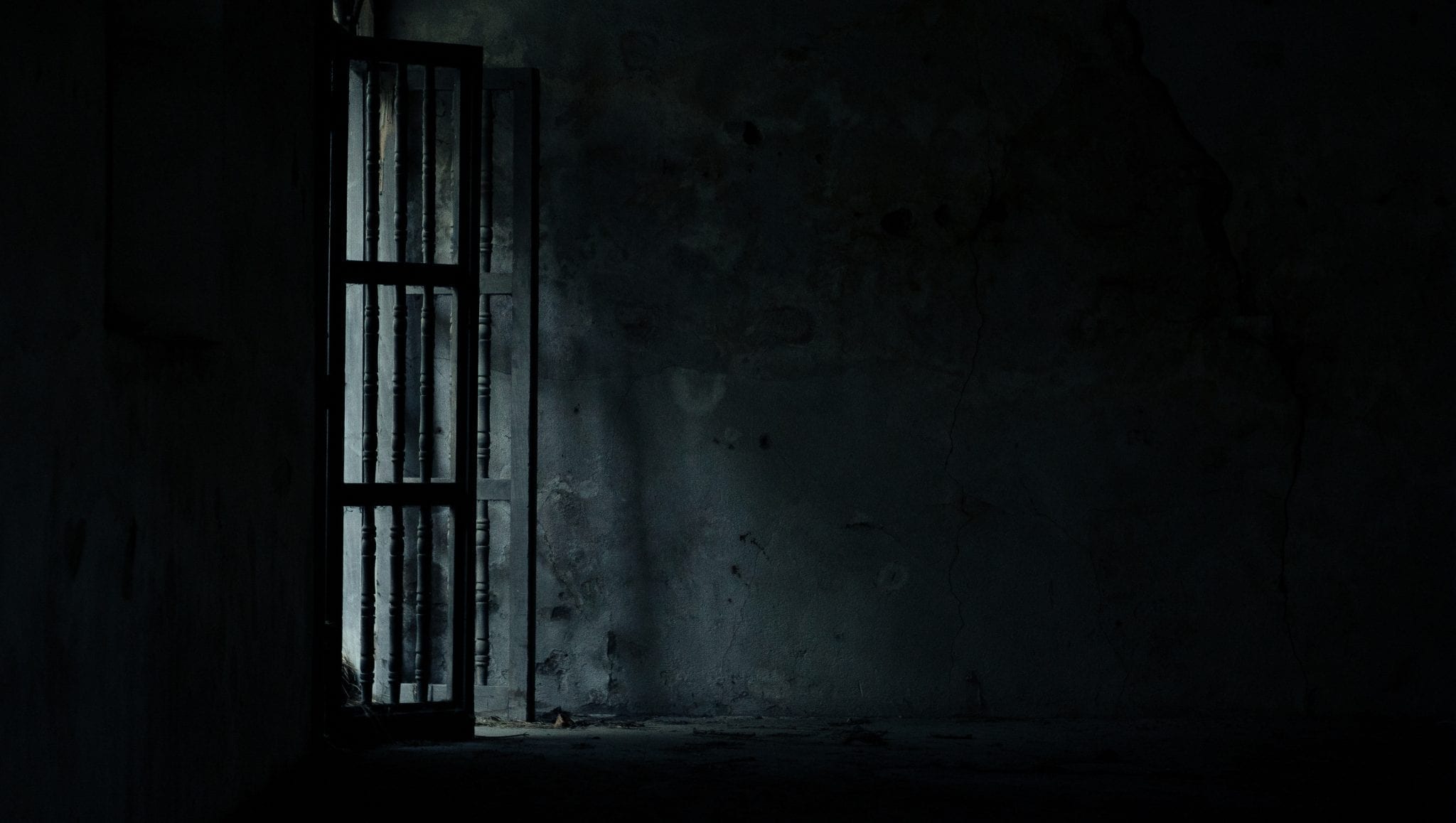Nebraska Man on Death Row Given Controversial Lethal Injection Protocol
Carey Dean Moore is the first inmate in the state of Nebraska to be executed via lethal injection. His execution was also the first in the state in more than twenty years, since Nebraska retained the death penalty over the Legislature’s wishes. In 2016, its voters supported the reinstatement of the death penalty after the Legislature had voted to abolish capital punishment altogether.
Moore, 60, served nearly four decades on death row for fatally shooting cab drivers Reuel Van Ness and Maynard Helgeland in 1979. He has not fought his execution. However, two drug manufacturers have objected in federal court to any use of their products as part of the lethal injection protocol. The first complaint was rejected by two federal courts, and one is pending.
The American Civil Liberties Union (ACLU) had also asked the Nebraska Supreme Court to delay the man’s execution until the courts rule on a lawsuit filed on behalf of eight death row inmates.

Moore had sought to dismiss his attorneys in the case in order to allow his execution to proceed. He said repeatedly he was ready to die.
“He didn’t want to have a lawyer because he didn’t want to fight the death penalty,” Jeffery A. Pickens, chief counsel of the Nebraska Commission on Public Advocacy and an attorney for Moore, said. Pickens also unsuccessfully moved to withdraw as Moore’s attorney because he felt there was “a conflict of interest,” since he was opposed to the death penalty. “I don’t want to see Carey Dean Moore die,” he said. “I don’t want him to be executed.”
Relatives of the men who were killed said they were ready for an outcome. “Thirty-eight years has been long enough,” Richelle Van Ness-Doran, Van Ness’s daughter, said while waiting for the lethal injection to proceed. “It’s just prolonging this…it’s like a slap in our face.”
The means at which Moore met his demise had never been tried before – a fatal concoction of the sedative diazepam, muscle relaxant cisatracurium, potassium chloride, and fentanyl. Potassium chloride was intended to stop Moore’s heart, cisatracurium besylate paralyzed his muscles, diazepam is a sedative better known as Valium, and fentanyl was used to render Moore unconscious.
Fentanyl is a well-known opioid painkiller that is thirty times more potent than heroin and eighty times stronger than morphine. It has been in the headlines as one of the biggest contributors to the opioid epidemic, and caused roughly 30,000 overdose deaths in 2017, according to the Centers of Disease Control and Prevention.
“This experimental protocol would be subject to serious challenge over whether it would violate Moore’s constitutional rights to be free from cruel and unusual punishment if he were to elect to challenge it,” Pickens said in one court filing. Of course, Moore choice not to, and in response, Nebraska Attorney General Douglas J. Peterson, said, “Carey Dean Moore has been duly sentenced to death for the murders he committed, and that sentence is final. The people of Nebraska have chosen by a wide margin to retain capital punishment for Moore’s crimes. Their government is prepared to carry out Moore’s sentence and possesses the constitutional, lawfully-acquired means of doing so.”
Sources:
Nebraska prepares for first U.S. execution using fentanyl


Join the conversation!